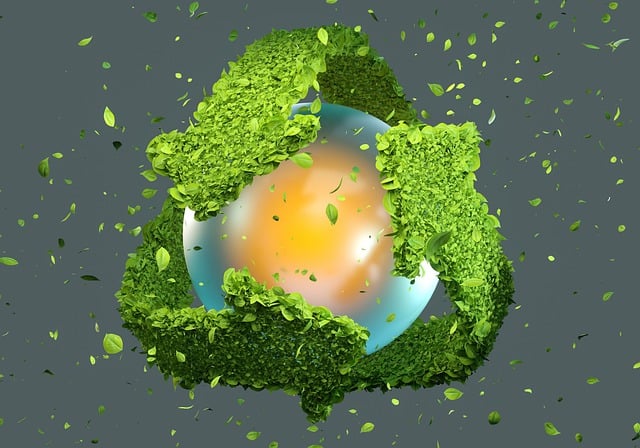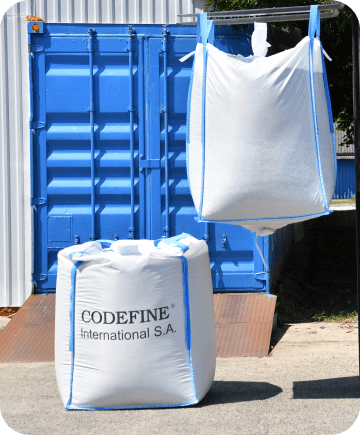Home » Posts Page » Blog » Recycled Polypropylene: A Green Solution for Industrial and Agricultural Packaging

Although polypropylene is recyclable, it’s by no means the simplest plastic recycling process around. Below, we’ll take a closer look at the steps involved in making PP bags an eco-friendly packaging solution.
Whether it’s being used in the food manufacturing industry or agriculture packaging, recycled polypropylene has many benefits.
Only a fraction of plastics like polypropylene are actually recycled, with most of it ending up in landfills. Alongside the unnecessary waste and consumption of raw materials, these methods of disposal are bad for the environment, reducing harmful toxins into the atmosphere and natural habitats. Furthermore, using recycled PP means that fewer fossil fuels are required to produce brand-new polypropylene products.
Every business producing polypropylene waste should consider recycling the material. Essential for maintaining green credentials and operating sustainably, recycling polypropylene and making an eco-conscious effort to use recycled PP products ensures every company is doing its bit for the planet. What’s more, recycled polypropylene can save organizations considerable sums of money.
Recycled polypropylene (rPP) is polypropylene plastic recovered from discarded products and reprocessed for reuse, offering a more sustainable alternative to virgin PP. It can be produced through mechanical recycling,involving cleaning, shredding, and remelting,or chemical recycling, which breaks the material down into its original chemical components.
Benefits include reducing landfill waste, conserving natural resources, lowering production costs, and supporting a circular economy. rPP comes in two main forms: post-consumer recycled (PCR) PP, sourced from consumer waste, and post-industrial recycled (PIR) PP, sourced from manufacturing scrap.
While rPP is versatile for use in packaging, automotive parts, household goods, and industrial products, challenges include limited recycling infrastructure, potential contamination, and gradual quality loss after multiple recycling cycles.
A popular choice for industrial packaging, polypropylene is a common substitute for other packaging solutions such as cellophane and paper. Not only is PP relatively inexpensive, it’s incredibly flexible. It can be used to construct rigid packaging, such as bottles, crates, and jars, as well as more flexible types of packaging for the food manufacturing industry. It’s also a common material for making storage and shipping solutions such as FIBC containers and FIBC bags.
PP bags with a breathable construction are particularly useful for handling perishable items, allowing for optimal air circulation that helps keep foodstuffs fresh and avoid premature spoilage. This not only ensures a better quality product for the consumer but it also helps suppliers maintain healthy revenues and profit margins.

Whether it’s used for farm packaging, in the construction sector bags, or as part of food manufacturing packaging and supply chains, recycled materials remain a firm fixture of the packaging industry. Polypropylene remains one of the most commonly recycled plastics, with the polypropylene recycling market worth an estimated $8.2 million in 2022. By 2030, the global market is expected to be worth around $13.5 billion.
Interested in making your operation more sustainable? Packaging solutions made from recycled polypropylene are now more reliable and affordable than ever. At Codefine, we’ve been committed to offering customers greener alternatives to industrial packaging since the 1950s. Looking for eco-friendly alternatives to conventional packaging? Why not explore our full product range today to discover your options? Alternatively, send us a query via the online contact form.